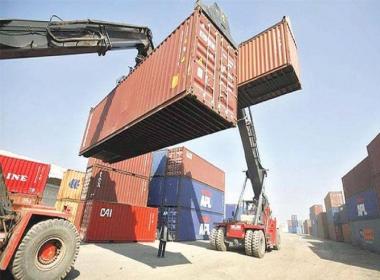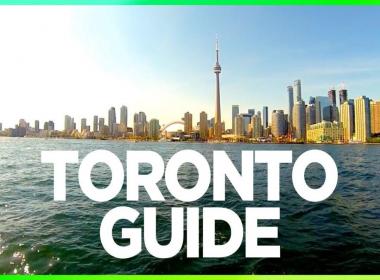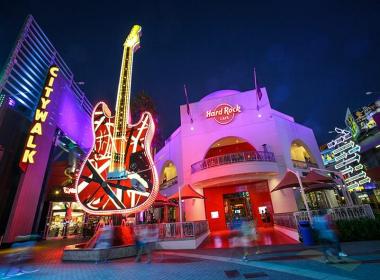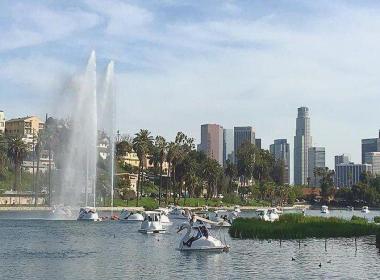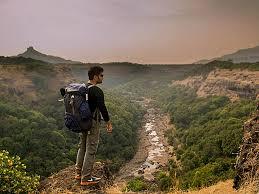
Mauritius is a beautiful destination lush jungles of incredible flora and fauna are giving way to luminous green cane fields of sugar, volcanic slopes to pristine powder-white beaches, and spectacular azure waters.
Mauritius has all the main attractions, beautiful natural surroundings, unbelievable landscape - and sea-based enterprises and memorable tourist attractions - and a popular holiday destination for honeymoon and the family. But the magic of this unique place is the magnificent Mauritian customs, the range of religions practiced on the island, and the magnificent multicultural l.
The fine Mauritanian dishes, the fabulous architecture, the religious buildings, and the range of festivals and public holidays in Mauritius show these unique aspects of the country These are the main features.
Planning your trip through one of these amazing vacations gives you more information about the island and its beautiful aspects – any of these public vacations in Mauritius are worth experiencing. Mauritius has 15 public holidays annually, but only 7 are fixed. It is January 1 and 2, February 1, March 12, May 1, November 2, and December 25, all of which are held on December 3, 2014.
The other 8 festivals focus on religious festivals, whose dates change each year. These religious holidays vary according to the lunar calendar and in some parts of the island, they can affect opening hours.
New Year Holiday
Mauritius celebrates the New Year style on 31st December and allows two public holidays after the celebrations, as is the case with most destinations around the world. The celebrations include impressive fireworks displays throughout the island, upbeat music (as Sega), and several incredible meals, sometimes even a full week or a few days. On 1 January, families spend a day together in good quality.
Chinese New Year (Spring Festival)
Mauritius has a small Chinese community, also called Sino-Mauritians, and that is the reason why there are Chinese New Year or Spring Festivals in Mauritius, with the most important events in Port Louis (also where the main concentration of Sino-Mauritius live). This date will change by the Chinese calendar but is always at the start of the year. Even non-Chinese Mauritians around the island celebrate this magnificent festival about the coming of spring and the beautiful surroundings of Mauritius.
Abolition of Slavery
This is a very important day in the history of Mauritius and is called the "Abolition Day." The day of the British abolition of slavery on the island is on February 1st, 1835. This memorable day saw the end of the practice in the country since the mid-1600s. The abolition of slavery was seen by many as a new dawn and the beginning of Mauritius today.
Thaipoosam Cavadee
Thaipoosam is a festival of religion that is extremely important for those with a Tamil legacy in the Indo-Mauritian community. This Hindu festival actually lasts ten days and is dominated by parades, rituals, priesthoods, and festivities. It is an unbelievable festival in Mauritius during your holidays.
Maha Shivaratri (Hindu Pilgrimage)
The Maha Shivaratri is an incredibly significant Hindu festival that celebrates Shiva's marriage to Parvati and is also known as Shiva's Great Night. Usually, at the beginning of the year, the festival is held in the center of a massive pilgrimage to the holy Lake Ganga Talao, in the tropical interior of the island. It is an enormously symbolic pilgrimage and you will remember for the rest of the time the sight of all people around the lake.
National Day / Independence Day
Another significant day for the country is Mauritian Independence Day, an unbelievable day each year, to celebrate Mauritius' independence from Britain on March 12, 1968. Mauritius could finally benefit from its independence from Britain and any other colonialist from that day. Today's colorful, the spectacular celebration is held all over the island, but Port Louis offers the most important festivals.
Ugadi (Hindu New Year)
This holiday is usually celebrated in March or April by the Telegu people of Mauritius. The marvelous New Year celebration comes with a host of religious traditions (for example, bathing your head in coconut oil) and local Mauritian elements (such as food and music). This is a family day, with special meals, priests, cultural events, and little gifts. It's a time of reflection and of looking forward as it is with all the new years. This is an extremely relevant day for Telegu because it has been rumored to be the day when Brahma was born, the god of the universe, and the day of Krishna's death.
Also read about:
Mauritius top 4 extreme activities
12 Rajasthan is the right thing to do
How to Build a Winning SEO Strategy in Your Budget


